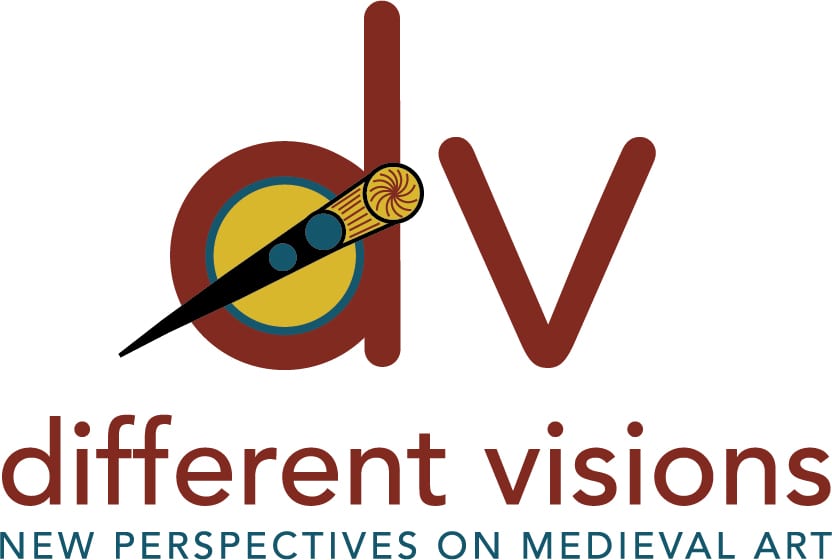
Chambéry, Médiathèque Jean-Jacques Rousseau MS 4, fol. 319.
Call for Contributions
Issue editors: Dr Millie M. Horton-Insch (hortonim@tcd.ie) and Dr Lauren Rozenberg (l.rozenberg@uea.ac.uk)
If the mission of art history is to make sense of visual and material cultures, then what can be learned from objects that resist art historical study? How can medieval art history benefit from the methodological frictions this resistance generates? Scholars of medieval art may expect to encounter ‘friction’ from archives, individual artworks or methodologies. This Special Issue invites contributors working across the medieval period to reflect on artworks that they find compelling, but which they feel they have “failed” to satisfactorily engage in art historical study.
Contributors are encouraged to consider objects and images that they find confounding, have struggled to write about, have abandoned the study of, or have found resistant to art historical methodologies. Contributors may also wish to consider methodological “failings,” such as art historical theories that present significant challenges when applied to medieval art. Archives may also be explored as “sites of friction.” Art historians of the medieval past are often required to conduct research within varied archives that were not designed for art historical research. We therefore also welcome contributions that discuss the “friction” of working with unillustrated catalogues, the challenges of studying material that is still “active” in a working context, or the complexities which surround the creation of digital archives.
In reflecting on the limits of art historical research, this issue will provoke generative discussion about what can be learned from these “frictions,” both with medieval objects and in art history as a discipline. In doing so, we conceive of ‘frustration’ as a rewarding method in the study of medieval art. Given the challenges posed by the pressures to publish within the neoliberal university, we invite medievalists to confront what confounds them and pause to find scholarly joy in the medieval.
We invite contributions in the range of 6000–9000 words; however, alternative lengths and formats are possible. Write to the issue editors Dr Millie M. Horton-Insch (hortonim@tcd.ie) and Dr Lauren Rozenberg (l.rozenberg@uea.ac.uk) with any questions.
Please send a 250-word abstract and a 100-word biography to differentvisionsjournal@gmail.com by Monday March 3, 2026.
